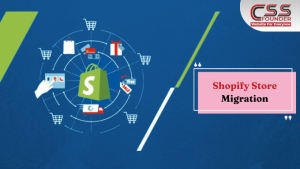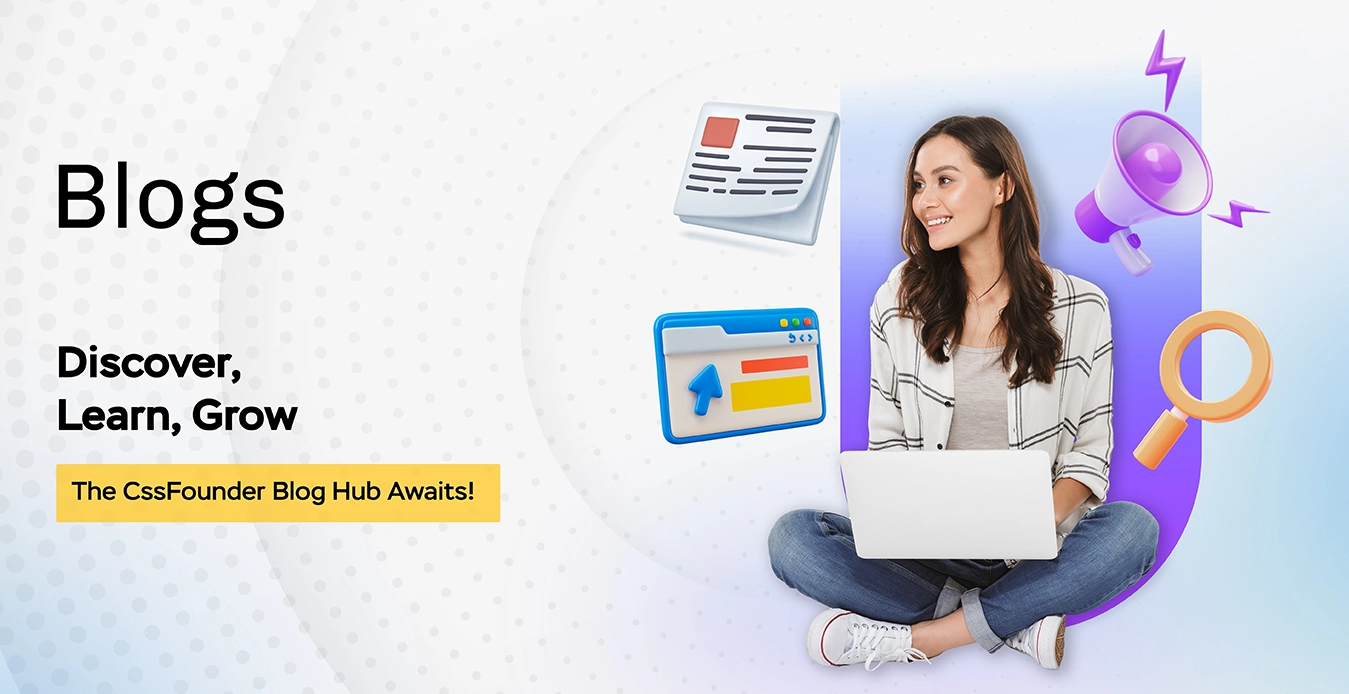E-commerce platforms have revolutionized the way companies sell their products and services, providing them with a global reach and endless opportunities for growth. Among these platforms, Shopify has emerged as a leader, offering a comprehensive suite of tools and features that empower businesses to create, manage, and scale their online stores with ease. However, for businesses already established on other e-commerce platforms, the question always arises. In this article, we will delve into why you should consider Shopify store migration

Advantages of Shopify Store Migration:
- User-Friendly Interface:
The platform is designed with simplicity and intuition in mind, making it easy for business owners to navigate and manage their online stores, even without extensive technical knowledge. The clean and clutter-free dashboard allows you to access all the essential features and settings with just a few clicks, saving you time and effort in managing your store’s day-to-day operations. This user-friendly design enables you to focus on growing your business and delivering exceptional customer experiences rather than getting bogged down by complex technical tasks.
- Customizable Themes:
Shopify offers a wide range of professionally designed themes that cater to various industries and aesthetics. These themes are fully customizable, allowing you to tailor your store’s appearance to match your brand’s unique style and identity. Whether you prefer a sleek and modern look or a more traditional and elegant design, Shopify’s theme library has options to suit your needs. The customization process is straightforward, with a drag-and-drop interface that enables you to make changes to your store’s layout, colors, fonts, and other visual elements without requiring coding skills. This flexibility empowers you to create a visually stunning and engaging online store that stands out from the competition and leaves a lasting impression on your customers.
- Robust Features and Apps:
Shopify comes equipped with a comprehensive set of built-in features that streamline your e-commerce operations. From inventory management and order processing to payment gateway integration and shipping options, Shopify provides a robust framework to handle all aspects of your online business. Additionally, the Shopify App Store offers a vast collection of third-party apps that can extend the functionality of your store even further. Whether you need advanced marketing tools, customer relationship management systems, or specialized features specific to your industry, chances are there’s an app available to meet your requirements. This extensive app ecosystem allows you to customize and enhance your store’s capabilities, giving you a competitive edge in the market.
- Scalability:
As your business grows and expands, Shopify’s infrastructure is designed to scale alongside you. The platform is built to handle high-volume transactions and traffic spikes, ensuring that your store remains fast, responsive, and reliable even during peak periods. Shopify’s cloud-based architecture eliminates the need for you to worry about server maintenance, software updates, or technical infrastructure, allowing you to focus on growing your business without any limitations. Whether you’re a small startup or a large enterprise, Shopify’s scalability ensures that your store can accommodate increasing demand and support your long-term growth objectives.
- Security and Reliability:
When it comes to online transactions and customer data, security is of utmost importance. Shopify prioritizes the safety and privacy of your store and its users by providing top-notch security measures. The platform offers built-in SSL certificates, ensuring that all data transmitted between your store and your customers’ browsers is encrypted and protected from unauthorized access. Shopify is also fully PCI compliant, meaning it adheres to the strict security standards set by the payment card industry to safeguard sensitive payment information. Regular software updates and security patches are applied automatically, keeping your store protected against potential threats and vulnerabilities. By leveraging Shopify’s robust security infrastructure, you can build trust with your customers and provide them with a safe and secure shopping experience.
Considerations Before Migrating:
- Cost Implications:
While Shopify offers competitive pricing plans, it’s essential to carefully evaluate the total cost of migrating your store. In addition to the monthly subscription fee, there may be additional expenses to consider, such as theme customization, app subscriptions, and any specialized features or integrations you require. It’s crucial to assess your budget and ensure that the long-term benefits of migrating to Shopify justify the initial investment. Take into account the potential savings you may achieve through Shopify’s efficient operations.
- Data Migration Process:
Migrating your existing store data, including products, customer information, and order history, is a critical aspect of the migration process. Depending on the complexity of your current setup and the volume of data involved, this process can be time-consuming and require careful planning. It’s essential to ensure that all data is accurately transferred to Shopify without any loss or inconsistencies. Enlisting the help of a professional migration service or experienced developer can streamline the process and minimize the risk of data-related issues.
- Learning Curve and Training:
Although Shopify is known for its user-friendly interface, there may still be a learning curve involved in familiarizing yourself and your team with the platform’s features and functionality. It’s important to allocate sufficient time and resources for training and exploration to ensure a smooth transition. Shopify provides extensive documentation, tutorials, and support resources to help you navigate the platform effectively. Consider organizing training sessions for your staff to get them up to speed with Shopify’s tools and best practices. By investing in proper training, you can minimize disruptions to your operations and enable your team to leverage Shopify’s capabilities to their fullest potential.
- Customization Limitations:
While Shopify offers a high degree of customization through its themes and app ecosystem, there may be certain limitations compared to other e-commerce platforms or custom-built solutions. It’s crucial to assess your specific business requirements and ensure that Shopify can accommodate your unique needs. If you have highly specialized functionalities or integrations that are essential to your business, it’s worth exploring whether Shopify can support them natively or through third-party apps. In some cases, you may need to make compromises or find alternative solutions to achieve your desired customization level.
- App Ecosystem Compatibility:
Shopify boasts an extensive app ecosystem with thousands of third-party apps available to extend the platform’s functionality. However, it’s important to verify that the apps you currently rely on or plan to use are compatible with Shopify. Some apps may have Shopify-specific versions, while others may not be available on the platform at all. Research and compare alternative solutions if necessary to ensure that you can maintain the desired features and integrations for your store. Keep in mind that app compatibility can evolve over time, so it’s wise to stay updated on any changes or updates in the app ecosystem.
Conclusion:
Migrating your store to Shopify can be a transformative decision for your business, offering a range of advantages such as a user-friendly interface, customizable themes, robust features, scalability, and top-notch security. By leveraging Shopify’s powerful e-commerce capabilities, you can streamline your operations, enhance your customer experience, and unlock new growth opportunities.
However, before embarking on a Shopify store migration, it’s crucial to carefully consider the cost implications, data migration process, learning curve, customization limitations, and app compatibility. By thoroughly evaluating these factors and weighing them against the potential benefits, you can make an informed decision that aligns with your business goals, resources, and long-term vision.
Ultimately, the success of your Shopify store migration hinges on meticulous planning, seamless execution, and a commitment to harnessing the platform’s full potential. By approaching the migration process strategically and enlisting the support of experienced professionals when needed, you can minimize risks, overcome challenges, and set your business up for success in the dynamic world of e-commerce.








